OPAL is a non-profit socio-technological innovation founded in 2017 by partners from the MIT Media Lab, Imperial College London, Orange, the World Economic Forum, and Data-Pop Alliance, who envisioned a framework for securely leveraging big data from private organisations based on technology and governance elements.
While the OPAL concept can be adapted to any sector, their first real-world deployment started in mid-2017 with two pilot studies on the use of mobile operator data (Call Detail Records, CDR) in Colombia and Senegal. These pilots were implemented in partnership with Senegal’s Agence Nationale de la Démographie et la Statistique (ANSD), and Colombia’s Departamento Administrativo Nacional de Estadística (DANE) and Departamento Nacional de Planeación (DNP), and two major telecom operators, Sonatel and Telefónica. Core funding for the MVP phase was provided by the Agence française de développement (AFD), with additional support from the World Bank, the Global Partnership for Sustainable Development Data (GPSDD), and the Sustainable Solutions Development Network (SDSN). The pilots achieved major milestones in 2019, particularly along the governance tracks, including: in-depth user needs assessments, capacity strengthening activities, signatures of all key contracts, set up of in-country governance and ethics committees (known as 'CODE'), green-light from data protection authorities, and hiring and interviewing of initial user testers, including both National Statistical Offices (NSOs).
In 2019, the OPAL founders expanded their ambitions to move from a “proof of concept” to a “proof of market” and reached out to the Flowminder Foundation in 2020 for the operationalisation and scaling of their OPAL concept for mobile network operator data.
Flowminder’s OPAL programme focuses on enabling the increased access to and use of CDR (Call Detail Records) data, in low- and middle-income countries, starting with Haiti in collaboration with Digicel, in ways that are technologically safe, ethically sound, financially sustainable, and scalable. The technology track is supported by FlowKit, Flowminder’s open-source suite of software tools designed to enable the secure access and analysis of CDR data. Flowminder is integrating to FlowKit an online platform to enable approved third parties to easily and securely access FlowKit’s mobility indicators. These privacy-preserving technologies are supported by participatory governance systems developed by Data-Pop Alliance that together will form the OPAL by Flowminder programme.
Discover the implementation of programme here:
The OPAL founders will join, on an individual basis, an Advisory Board that will support the continuation of the project by making strategic recommendations to Flowminder on business models, clients, products, technology, services, donors, and priority countries, as well as provide advice to Flowminder on partnerships with mobile network operators at group and country levels, with academic institutions, and with governments and ministries. Recommendations and advice from the Advisory Board and its members will be non-binding and ultimate decision making will rest with Flowminder.

